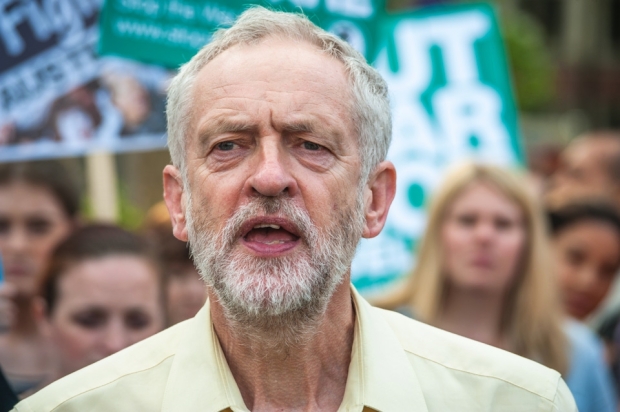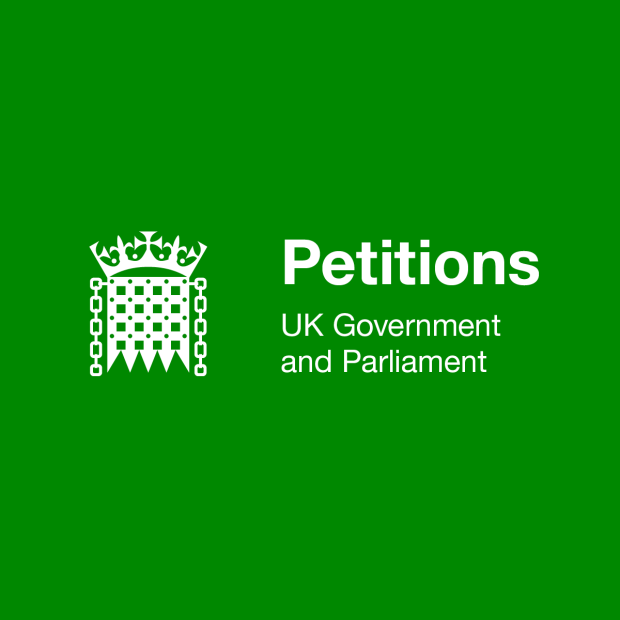Pat Wylie
Where there are groups, there are group dynamics.
After thirty years as a left-wing backbencher, an outrider in parliamentary Labour politics, Jeremy Corbyn recently became Labour leader with the support of an overwhelming 66 per cent of those who voted. I welcome Corbyn’s leadership. Perhaps now Labour will return to being the party that promotes secure employment and universal human rights. Perhaps this symbolises a revival of the left in England and thus a narrowing of the gap between the political cultures at Westminster and at Holyrood. Perhaps not; Corbyn’s support appears to have come from trade unions and ordinary people rather than from many of his fellow Labour MPs. In any case, what does Corbyn’s victory tell us about group dynamics and group thinking?
Corbyn first became an MP in 1983, at the same time as Tony Blair. Many Labour MPs of his generation went on to form protective cliques around Tony Blair, Gordon Brown and each other, hitching their own careers to New Labour. Within a few years, this generation of MPs came to dominate the Labour party, reforming the party from the top and giving the general impression that there was “no going back” to anything resembling left-wing socialism.
Throughout the period 1983 to 2015, Corbyn was given no additional responsibilities within parliament, nor did he gain the media platform or public recognition afforded to other left-wing Labour figures such as Tony Benn, or controversialists such as George Galloway and Dennis Skinner. Corbyn’s hitherto low profile will have played some part in his recent success; he is an untainted outsider, who didn’t compromise and had the strength to resist the charismatic power of New Labour.
And so it goes in work and life. Not everyone will attain a position of great prominence, nor high salary; not everyone’s career ends with a flourishing up-tick as we reach our later years. In contrast to Corbyn, the nondescript recent lives of Tony Blair, Gordon Brown and Alastair Campbell illustrate the pitfalls of a career that peaks early. At one point or another, most of us will belong to an “in-crowd”, held in high regard by others and getting away with our mistakes. Most of us have also experienced an “out-crowd”, far from power and not expecting to be thanked for our efforts.
“Group-think” prevails in most white-collar workplaces, not just in government. It happens whenever crucial decisions are made by a number of close colleagues with the same priorities and vested interests. The good news is that these things tend to change over time. To take one example from social work and public services, today’s out-crowds are those who stood by and did nothing while young people were being sexually exploited in Rotherham, Rochdale, near celebrities, and in many other places besides. The tide is still rising and there remain many people who have yet to be held accountable for their negligence or active participation in the sexual abuse of children. But the group-thinkers who said nothing could be done have been undone by their own complacency; a new generation is determined to act to prevent these injustices in future.
I can think of two crumbs of comfort to the phenomenon of in-crowds and out-crowds. Firstly, times change and lots of people get their comeuppance at one time or another. Secondly, there is more to life than winning and leading. The recent flurry of publicity around Alex Ferguson’s new book, Leading, seems to revolve around the premise that life can only really be enjoyed if one spends it in a state of perennial “victory”, leading one’s team to ever greater triumph in perennial competition against others. Suffice to say, life doesn’t work like this and many leaders and winners probably wish that they hadn’t bothered to make the compromises and sacrifices necessary to reach “the top”.
Power should only be held by those who don’t desire it. Good luck, Jeremy.



